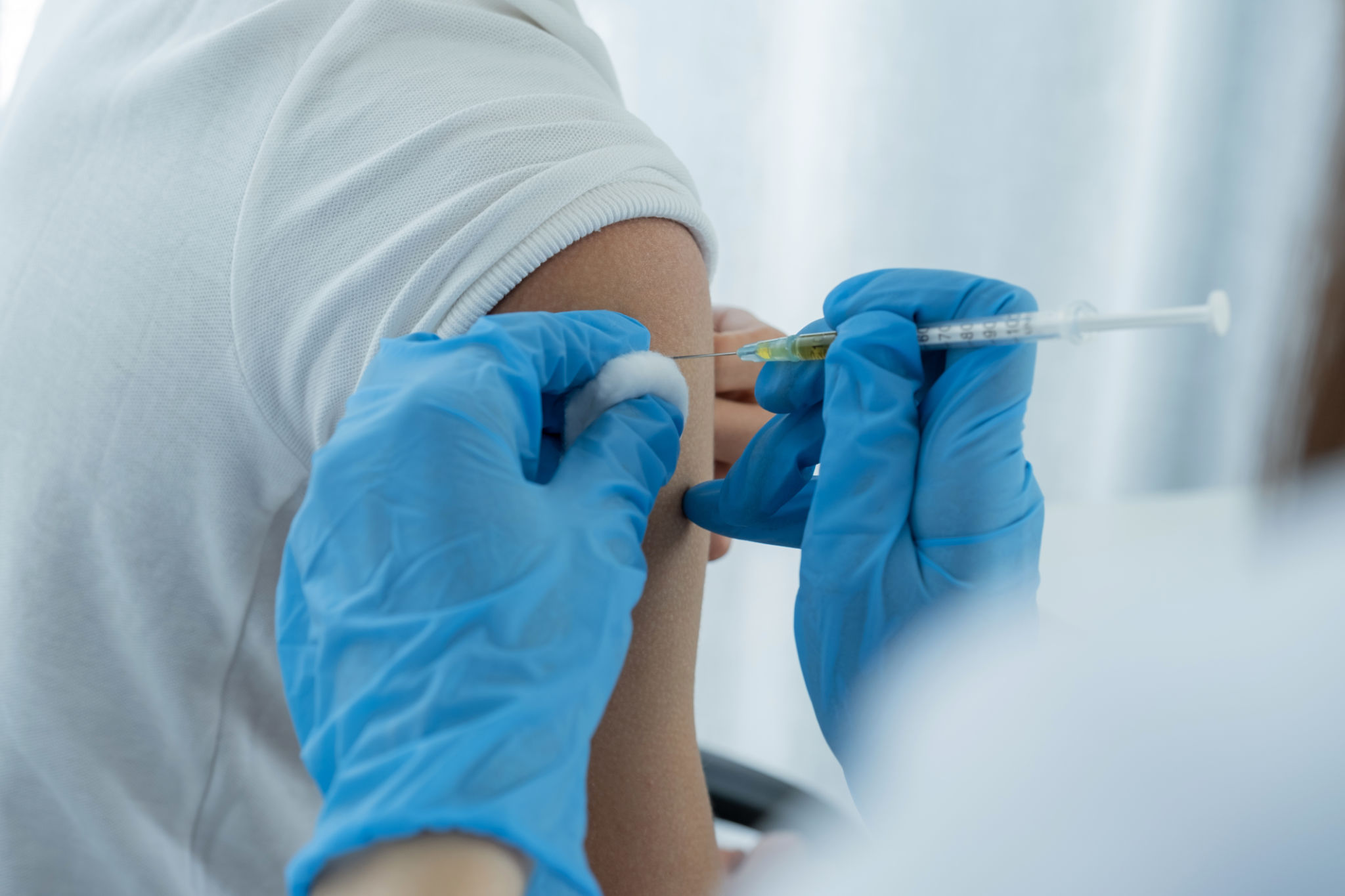Debunking Common Myths About Flu and COVID Vaccines in Southampton
Understanding the Importance of Vaccination
Vaccination is a crucial public health tool that has saved millions of lives worldwide. In Southampton, as in many places, vaccines for flu and COVID-19 are widely available. Despite their proven effectiveness, several myths persist, which can deter people from getting vaccinated. Let's address some of these misconceptions.

Myth 1: The Flu Vaccine Can Give You the Flu
A common myth is that the flu vaccine can cause the flu itself. This is false. The flu vaccines used in Southampton and elsewhere are made from inactivated viruses or a single protein from the virus, which means they cannot cause infection. Some people may experience mild side effects like soreness or a low-grade fever, but these are not symptoms of the flu.
Myth 2: COVID-19 Vaccines Were Rushed and Are Unsafe
Another widespread myth is that COVID-19 vaccines were developed too quickly to be safe. While it’s true that these vaccines were developed in record time, they underwent rigorous testing in clinical trials involving tens of thousands of participants. Regulatory agencies in the UK, including the MHRA, have ensured their safety through strict evaluation processes.

Myth 3: Natural Immunity is Better Than Vaccine-Induced Immunity
Some believe that contracting a disease provides better immunity than vaccination. However, this approach can be risky, especially with diseases like COVID-19 that can have severe consequences. Vaccines provide a safe way to build immunity without the risk of severe illness or complications.
Myth 4: You Don’t Need the Flu Vaccine Every Year
It's a misconception that a single flu shot provides lifelong protection. Flu viruses change rapidly, and each year’s vaccine is designed to protect against the most common strains predicted for that season. This is why annual vaccination is vital to maintain effective protection.

Myth 5: COVID-19 Vaccines Affect Fertility
There is no evidence supporting the claim that COVID-19 vaccines affect fertility in men or women. Health organizations globally have confirmed that vaccines are safe and do not impact reproductive health. It’s important to rely on scientific evidence and expert guidance when considering vaccination.
The Role of Community Health Initiatives
In Southampton, health authorities are actively working to dispel these myths through community outreach and education programs. By providing accurate information, they aim to increase vaccination rates and protect public health. These initiatives emphasize transparency and trust, encouraging more residents to get vaccinated.
Ultimately, understanding the truth behind these myths can help more people make informed decisions about their health. Vaccines are one of the most effective tools we have to combat infectious diseases and protect our communities.